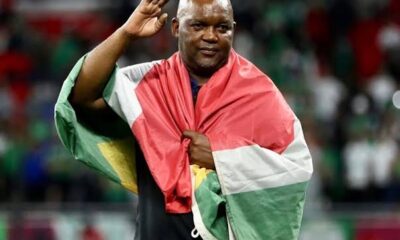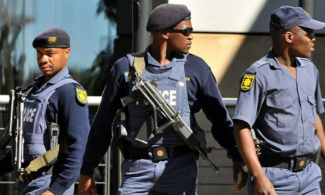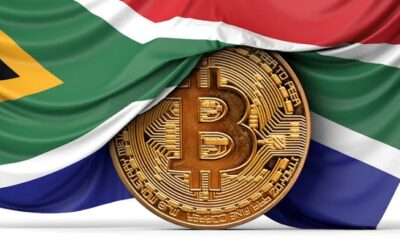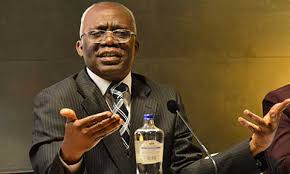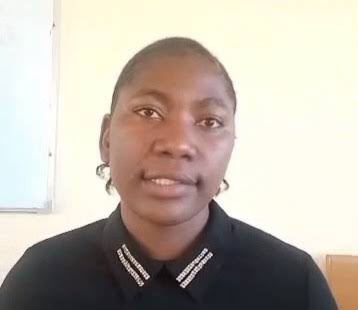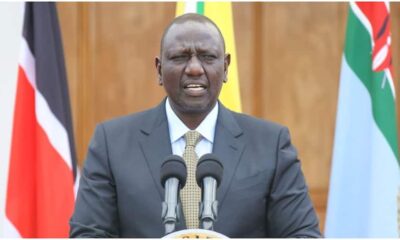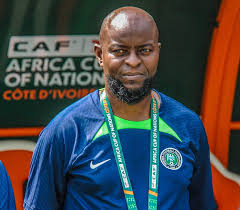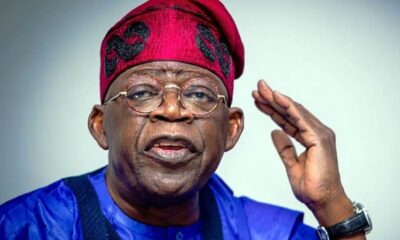There might be something to cheer for the LGBTQ+ community across Africa amidst recent hard measures against it, as over 20,000 people marched through Johannesburg on Saturday in solidarity with the community across the continent.
The march, regarded as the Pride, featured singing, dancing, and expressing support for LGBTQ+ communities across Africa which cannot be open safely and whose relationships are criminalised.
Having only been in South Africa for a month and a half, Mandela Swali, a 25-year-old gay man from Uganda, led the parade that had an estimated 24,000 participants. Swali described how, in 2021, he had left his home country on bail after being arrested for having sex with his boyfriend.
“This is the space and this is the family I deserve to have right now. I feel like I’m at home,” Swali said.
A law prohibiting the LGBTQ community was passed by the Ugandan legislature in May. Several of the stringent regulations established in March were incorporated into the legislation, which drew strong criticism from the international community, including the United States, the European Union, the United Nations, and major corporations at the time.
“Our intention today is to march for Uganda … for LGBT communities in Africa that can’t march for themselves,” said Johannesburg Pride organizer, Kaye Ally.
Beyond Uganda, several African countries have strong legislations against people who identify with the LGBTQ movement. In March, Zambian President, Hakainde Hichilema warned advocates of the LGBTQ movement to desist from promoting homosexuality and insisted that the country “maintain laws that abhor alien orientations like gayism and lesbianism.”
Ghanaian lawmaker, Sam George has also been vocal against the community and recently called out the Vice President of the United States over her advocacy for African tolerance for the LGBTQ community.
In 2006, South Africa became the first and remains the only African country to legalize same-sex marriage, with a constitution that also protects against discrimination based on sexual orientation. Others, like Angola, Mozambique, Botswana, Lesotho, Mauritius and Seychelles all have laws in favour of the community in Africa.

 Behind the News2 days ago
Behind the News2 days ago
 Politics2 days ago
Politics2 days ago
 VenturesNow2 days ago
VenturesNow2 days ago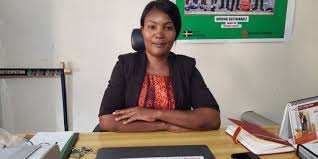
 Metro1 day ago
Metro1 day ago




